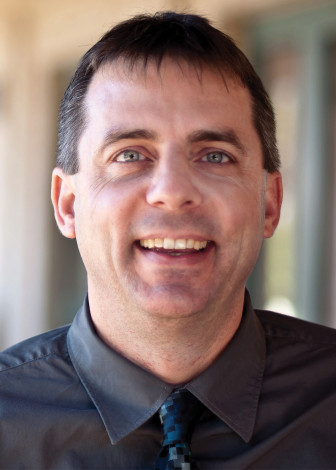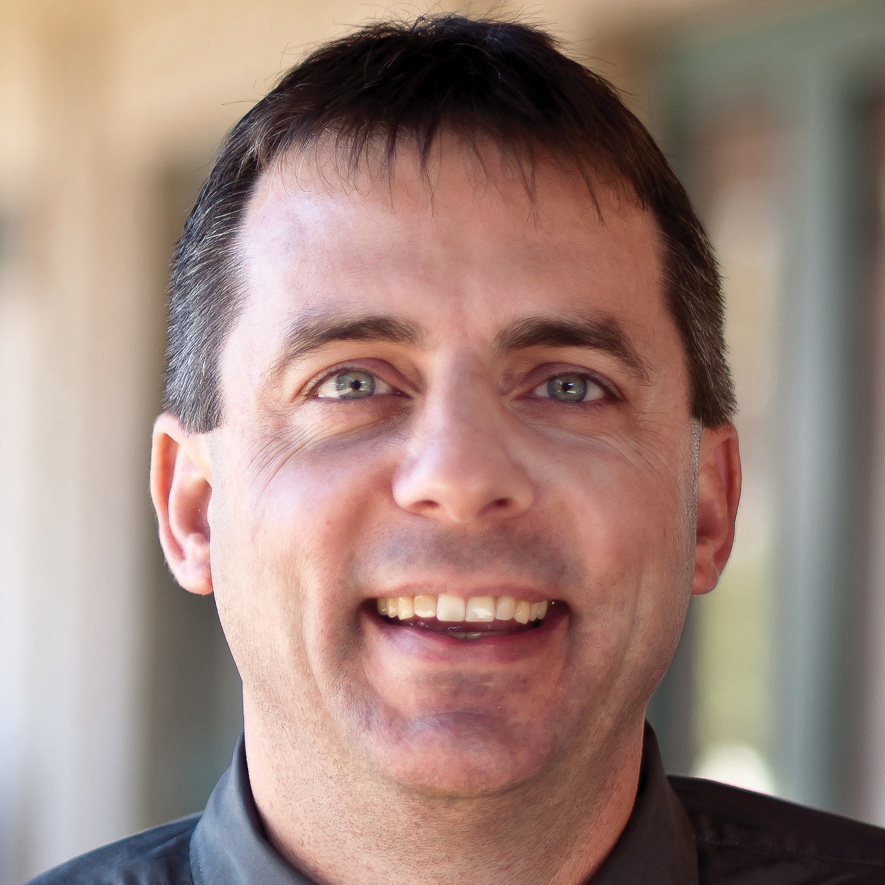 It was late in the evening as I drove to a training session with our overnight staff. Our 22-acre campus, surrounded by farmland, houses a residential-care program for adolescents and an emergency shelter for children of all ages who have been removed from their homes by local child-welfare authorities. As I pulled into the property, I was stopped by a young woman and her friends who stood on the long, dark road entering the facility. She had been visiting an alumni group and found her car wouldn’t start when it was time to head home.
It was late in the evening as I drove to a training session with our overnight staff. Our 22-acre campus, surrounded by farmland, houses a residential-care program for adolescents and an emergency shelter for children of all ages who have been removed from their homes by local child-welfare authorities. As I pulled into the property, I was stopped by a young woman and her friends who stood on the long, dark road entering the facility. She had been visiting an alumni group and found her car wouldn’t start when it was time to head home.
“Please tell me you have jumper cables,” she pleaded.
I knew it would make me late to the training, but as we worked on her car, we talked a bit about her experience in our programs. She had been in our emergency shelter off and on since she was 13 years old (she was now in her early 20s). “It wasn’t an easy time for me,” she said. “But the staff were really good.” I learned in our short discussion that “really good” staff were, in her way of thinking, those who showed they cared by listening and who treated her as a unique and valuable individual.
In my role as a senior manager, there’s nothing more reassuring than hearing that a young person had an experience of feeling heard and valued — especially when reflecting back on her experience over time. It takes a certain level of skill development on the part of the youth-care workers to bring about these kind of experiences.
Professional certification is one quality improvement investment our organization implemented to promote the development of such skills and the knowledge it takes to use them well. About a quarter of our workers, mostly top performers, hold professional child- and youth-care credentials. Along the way, we’ve found a number of benefits certification brings to our organization.
First, certified child- and youth-care practitioners have grounded themselves in a foundational body of knowledge and skills. Young people who have been mistreated or experienced traumatic events deserve the best care possible. Certification is built on a framework of competencies that includes the domains of professional practice (professional engagement, self-care, ethics, advocacy), cultural diversity, applied human development, relationship and communication, and developmental practice methods (for example, how to promote a healthy lifestyle, plan meaningful activities and engage others in the community). This grounding links practitioners to the larger field and guides them in providing quality experiences for young people.
Second, certified child- and youth-care practitioners have completed a comprehensive assessment of their skills, experience and personal approach to their work. This comprehensive review helps us maintain quality when we are looking for individuals to hire or promote to lead or supervisory roles. It also helps us ensure that the people we have on our teams — those working with families in time of stress, difficulty and pain — are committed to providing the type of caring relationships the young woman described to me in the driveway.
Finally, certified child- and youth-care practitioners actively contribute to a culture of high standards and quality care. In a 2013 qualitative study by researchers at Kent State University, dozens of youth workers shared that their experience with certification established a baseline of competence, increased their motivation and confidence, and promoted reflective practice. Because certified workers have taken additional steps in their career to make these qualities clear in their work, it’s no surprise they are more likely to be viewed as high-performing workers by their supervisors. We have found practitioner certification — and the competency-based training and experiences behind it — increases the skills that young people and their families view as part of quality care.
We did eventually get the young woman’s car started. As she left for home, we both were grateful for the care providers who had made a difference in her life. Many of these individuals are certified, top-performing staff who, like child- and youth-care practitioners around the world, do such work on a daily basis.
James Freeman is the training director at Casa Pacifica Centers for Children and Families in Camarillo, Calif., and the president of the Child- and Youth-Care Certification Board. For more information on child- and youth-care certification, visit cyccb.org.
This op-ed exploring professional youth work was developed in cooperation with the University of Oklahoma National Resource Center for Youth Services.


























